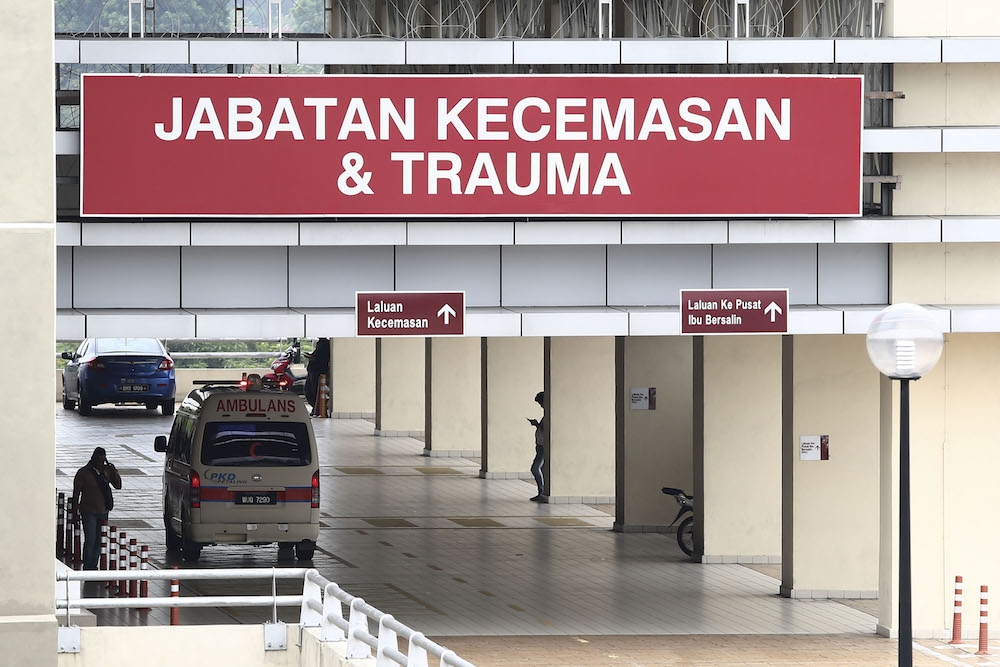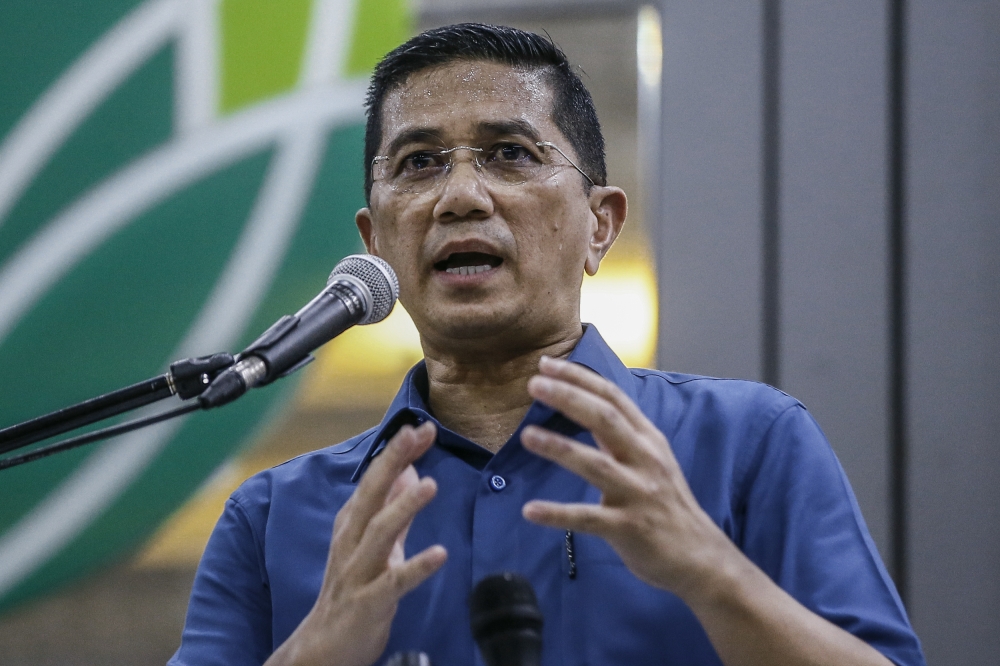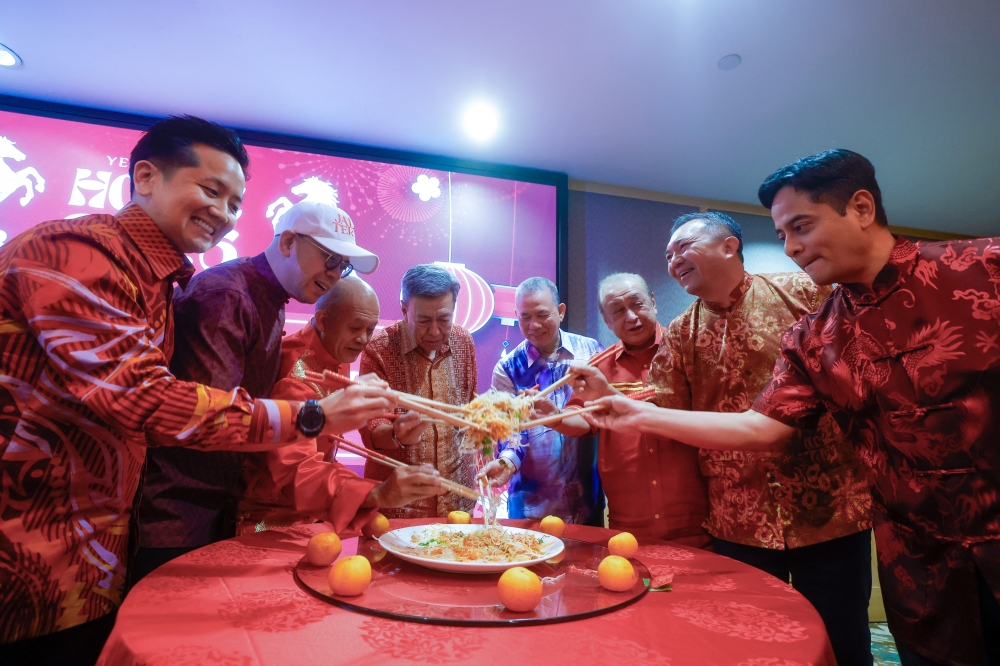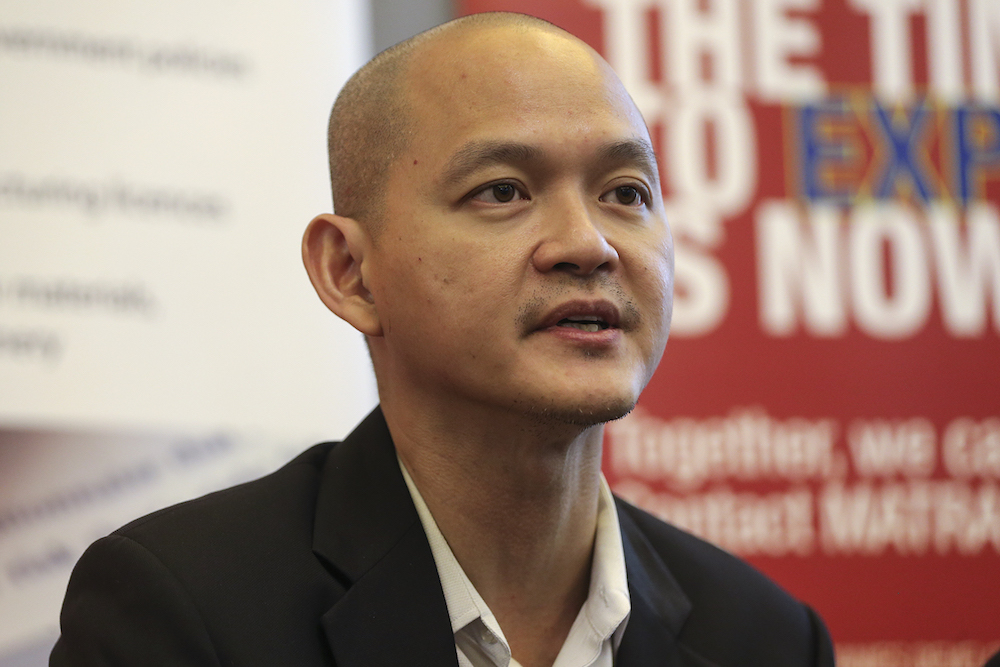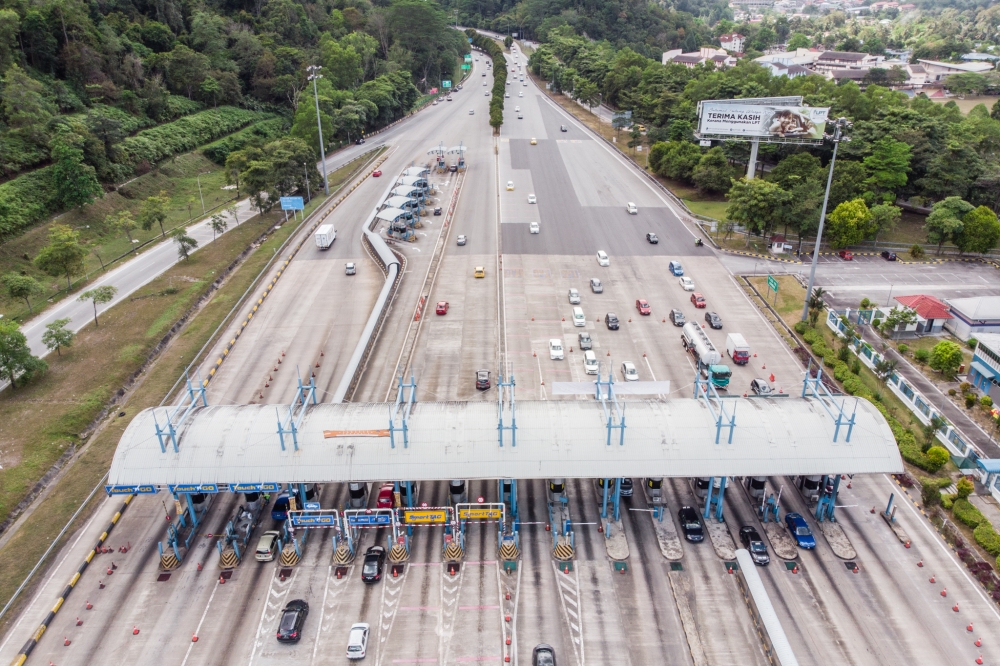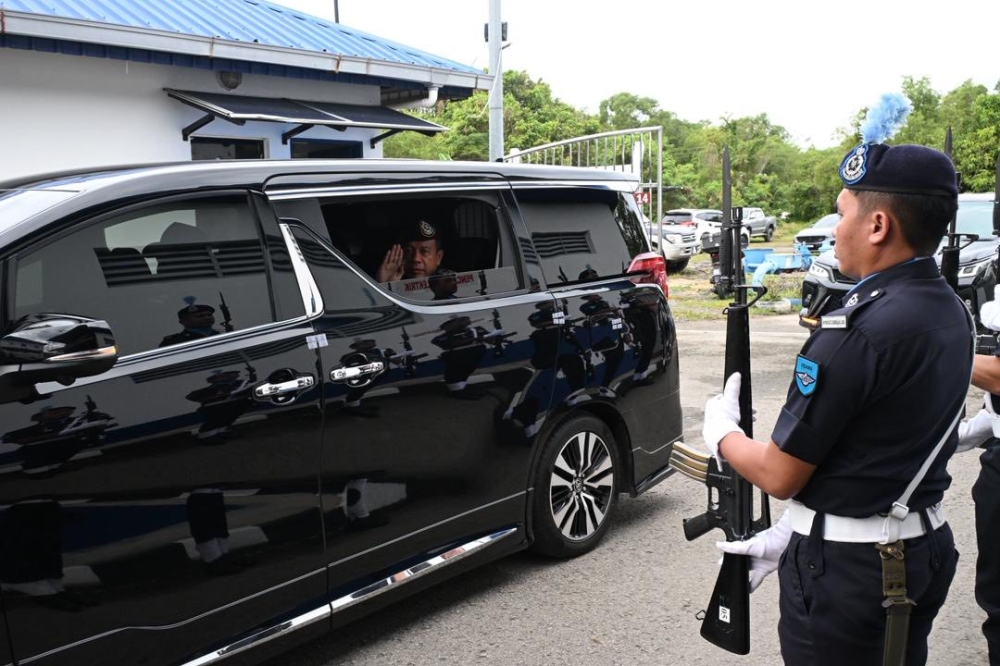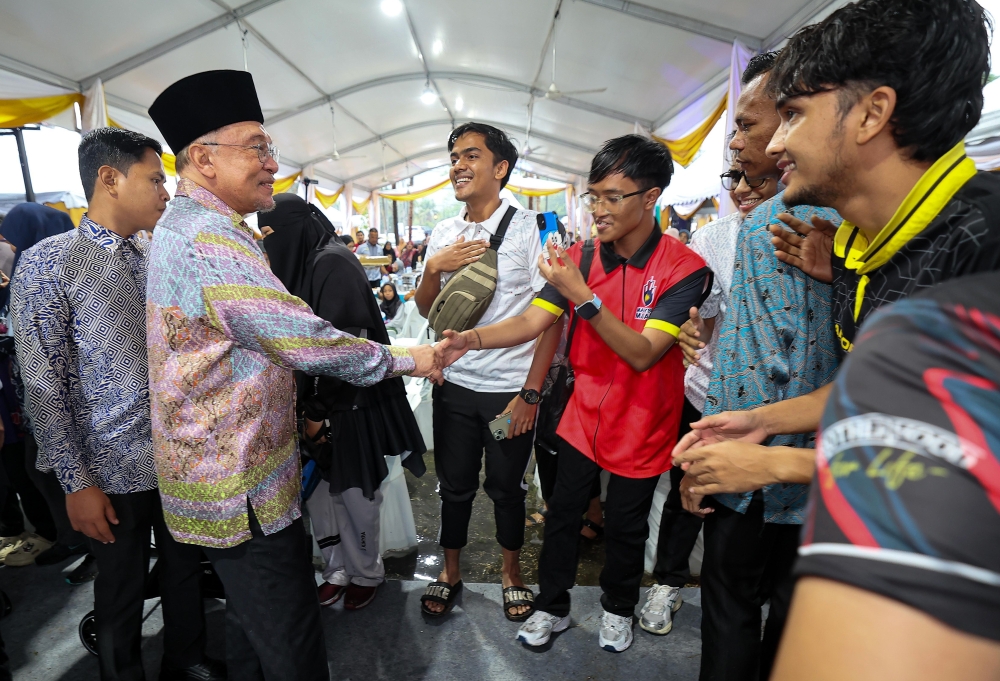KUALA LUMPUR, Feb 20 ― Now that the afterglow of winning the 2018 general elections has all but vanished, the daily grind of running the country is teaching the ruling coalition several hard lessons.
As the then-Opposition, Pakatan Harapan (PH) had adept party operatives who devised clever media strategies that helped shape public perception, and this helped vault the coalition into power.
But as the 2018 election victors settled into their new roles and cosy government offices, its message machine appears to be in a muddle.
“Our communications strategy has not been up to mark as a whole,” Ong Kian Ming, DAP’s Bangi MP and now Deputy Minister of International Trade, said in an email to Malay Mail.
“The attention has been shifted to learning how to govern rather than to focus on our media strategy to attack our opponents… it probably doesn't help that many of our (DAP) communications staff have found new opportunities.”
Some coalition leaders believe the move to absorb top party aides and communications operatives into the administration made PH lose its edge.
Left with an opaque messaging structure, the ruling coalition now finds itself exposed to divisive race-baiting as it allowed the Opposition to exploit a freer media to shape the political narrative.
This has raised concerns that PH could be forced to cop out on reform promises as it tries to avoid upsetting its Malay base at the risk of aggravating minority and progressive supporters, analysts said.
The coalition had already backed out of ratifying a United Nations anti-discrimination treaty following protests by conservative Muslim groups, in what was seen as a symbolic victory for Umno and PAS.
“Pakatan has a communications problem,” Bridget Welsh, associate professor at John Cabot University and an expert on Malaysian politics, told Malay Mail.
“Malays feel displaced and Pakatan has been on the defensive on this matter since it took office… this insecurity has grown and allowed the Opposition narrative of race, religion and hate to gain ground.”
But others believe the unprecedented scrutiny on the new government may not necessarily be bad. As civil liberties improve under PH, the public becomes more assertive.
Open debates on policies, governance and politics generate a lot of buzz that could give the impression of dissatisfaction, more so for a society that up until recently lived under autocratic rule.
“The BN withheld debate on policy issues in the media, and some of these are debates are long overdue for Malaysian politics and society,” Ross Tapsell, senior lecturer and researcher at the ANU's College of Asia and the Pacific, told Malay Mail.
“This is a new system for Malaysia. Not all contestations through the media are negative. Democracy should be messy, noisy and conflicting and contesting ideas should be discussed and debated publicly.”
Despite putting in place promising reforms (ie. fixing a broken judiciary, fighting corruption, and strengthening government independence), analysts say PH has had little success in swaying Malay perception.
A survey by think tank Ilham Centre released in January showed close to two-thirds of Malay respondents disapprove of the PH government because they believe minorities are in control.
Cautionary statements from top level government leaders like Datuk A. Kadir Jasin suggest many within its ranks are alarmed. In a damning blog posting, the prime minister’s chief communications strategist said the ruling coalition is faring poorly in the perception war, putting its reform push at risk of losing support.
Ahmed Kamal Neva, who runs Politweet, an organisation that tracks public interest in politics on social media, said PH is seen as not doing enough to address economic grievances, a key issue.
“At the moment members of the public are not seeing what progress has been made by Pakatan,” Ahmed said in an email reply to Malay Mail.
“Decisions that affect reduction in subsidies and welfare, and cost of living are the ones that draw the most attention… when people read news about subsidy reduction, even if they are not affected, it creates fear that something that affects them might be next.”
Despite tabling a bigger Budget, PH has run a tight fiscal regime in a bid to stabilise government debt. Spending cuts tore into welfare and rural development allocations, prompting backlash among lower-income Malays.
How coalition leaders respond to these issues has also been clumsy, critics said. Instead of offering solutions, they resort to finger pointing or political invective.
“I see a common mistake by PH ministers. They fail to maintain their decorum as ministers,” said Arfa Aziz, former chief press officer for then Selangor Mentri Besar Tan Sri Khalid Ibrahim.
“They continue communicating via social media accounts with the same mentality as they did when they were Opposition politicians.”













